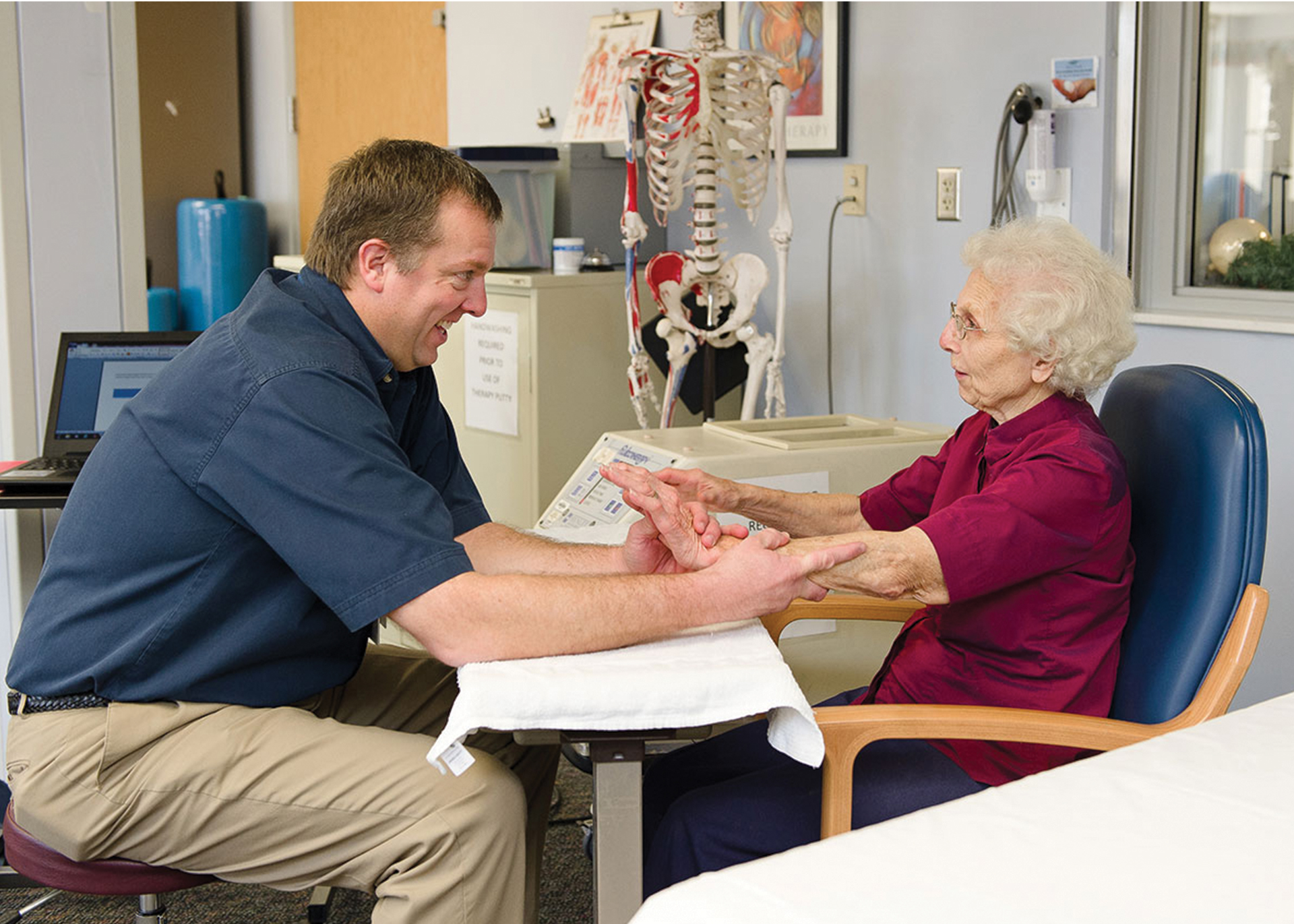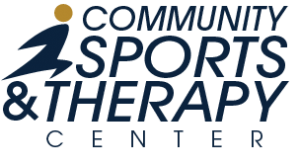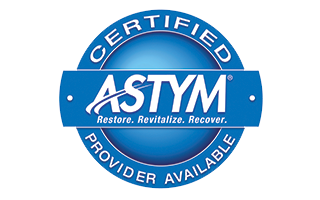

Occupational Therapists are rehabilitation professionals that help people regain, develop, and build skills that are important for independent functioning, health, well-being, security, and happiness. Occupational therapy practitioners work with people of all ages who, because of illness, injury, or developmental or psychological impairment, need specialized assistance in learning skills to enable them to lead independent, productive, and satisfying lives. Occupational therapy can prevent injury or the worsening of existing conditions or disabilities and it promotes independent functioning in individuals who may otherwise require institutionalization or other long-term care. Occupational therapy maximizes the quality of life for the individual, their family, and other caregivers.
In its simplest terms, our team of occupational therapists and occupational therapy assistants help people across the lifespan participate in the things they want and need to do through the therapeutic use of everyday activities (occupations). Common occupational therapy interventions include helping children with disabilities to participate fully in school and social situations, helping people recovering from injury to regain skills, and providing supports for older adults experiencing physical and cognitive changes, such as after a stroke. Our occupational therapy team assists patients in developing the skills they need to take care of themselves when a health problem limits normal, day-to-day activity, such as bathing, dressing, eating, preparing meals, doing housework and managing personal business. Therapy may include the following:
- Assessment and treatment of cognitive impairments
- An individualized evaluation, during which the client/family and an occupational therapist determine the person’s goals
- Customized intervention to improve the person’s ability to perform daily activities and reach the goals set
- An outcomes evaluation to ensure that the goals are being met and/or make changes to the intervention plan
- Exercises related to activities and function of the upper body
- Training to improve self-care, dressing and activities of daily living
- Assessment for visual and spatial impairment
- Energy conservation measures for improved endurance
- Home improvements for safety and increased independence
- Training on the use of adaptive equipment to improve independence and safety during daily life tasks
Occupational therapy services may include comprehensive evaluations of the client’s home and other environments (e.g., workplace, school), recommendations for adaptive equipment and training in its use, and guidance and education for family members and caregivers. Our occupational therapy practitioners have a holistic perspective, in which the focus is on adapting the environment to fit the person, and the patient is an integral part of the therapy team.

